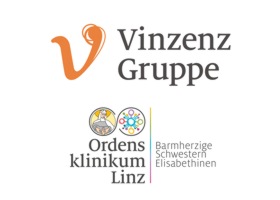Exploring the surgical landscape of pancreatic neuroendocrine neoplasia in Austria: Results from the ASSO pNEN study group.Tools Primavesi, Florian und Klieser, Eckhard und Cardini, Benno und Marsoner, Katharina und Fröschl, Uwe und Thalhammer, Sabine und Fischer, Ines und Hauer, Andreas und Urbas, Romana und Kiesslich, Tobias und Neureiter, Daniel und Zitt, Matthias und Klug, Reinhold und Wundsam, Helwig und Sellner, Franz und Karner, Josef und Függer, Reinhold und Cakar-Beck, Fergül und Kornprat, Peter und Öfner, Dietmar und Stättner, Stefan (2019) Exploring the surgical landscape of pancreatic neuroendocrine neoplasia in Austria: Results from the ASSO pNEN study group. European journal of surgical oncology : the journal of the European Society of Surgical Oncology and the British Association of Surgical Oncology, 45 (2). pp. 198-206. ISSN 1532-2157 Für diesen Eintrag wurde kein Volltext-Dokument angefügt.
|
||||||||||||||||
|
|
|
|


 Tools
Tools Tools
Tools